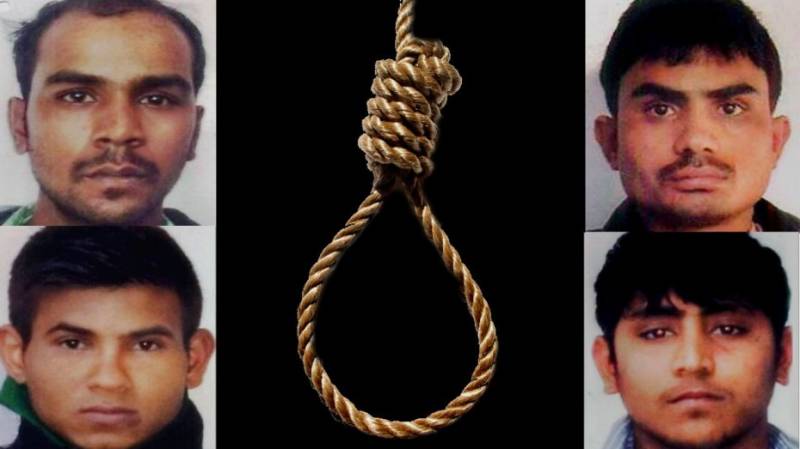
The whole of India seems to be baying for the blood of the accused who have been found guilty in the Nirbhaya gang rape committed in December 2012 in Delhi, and are scheduled to be hanged on 3rd March 2020 at 6 a.m.
Ever since this heinous crime was committed emotions in the country have been running high, with politicians, mediapersons, women activists and others howling and shrieking like the Roman mob after Caesar’s assassination, and wanting someone to be hanged, never mind that he is Cinna the poet and not Cinna the conspirator.
In this charged atmosphere it is difficult to give a calm appraisal due to the danger of being branded as a supporter of rapists. However, I would like to present my views, based on my experience as a lawyer for 20 years and a judge for another 20.
I am not for abolition of the death penalty, as I believe that sometimes it should be given. I regard Nirbhaya’s case as falling within the category of ‘rarest of rare’ cases which deserves the death penalty, as per Bachan Singh vs State of Punjab ( 1980 ) in view of the heinous nature of the crime.
I do not agree with Indira Jaisingh who asked Nirbhaya’s mother to forgive. Why should she? I also do not agree with many of the arguments of A.P. Singh, the learned counsel for the accused. My concern is only about one point : the question of correct identification. Let me explain.
Anyone who has knowledge of the working of the Indian police knows that it often spreads the net wide in implicating the accused. In cases where there are several accused in a crime, this is a common practice. For instance if 3 or 4 persons really committed a crime, the police often implicates 6 or 7 persons, which no doubt includes the 3 or 4 real culprits, but also includes 3 or 4 innocents. It is often difficult for the court to distinguish between the two, and therefore there is danger of innocents being convicted along with the really guilty. It is well known that the police in our country manufactures evidence ( by producing false witnesses, fake documents etc ) and the evidence in respect of the two categories ( the real culprits and the innocents ) may be exactly the same.
In the case of the Nirbhaya accused, it is alleged that they all confessed to the crime. But it is well known that our police often applies third degree methods to extract ‘confessions’. Torture is such a terrible thing that one will confess to everything under torture. Joan of Arc confessed to be a witch under torture.
I am not saying that all the 4 accused who are going to be hanged are innocent. But I have always a lurking suspicion that 1 (or possibly 2) may be. The incident occurred in the night, and the sole witness could have been tutored by the police (police tutoring is commonplace in India). As regards the other pieces of evidence—dying declarations, DNA and odontology tests etc—I have enough experience in the legal world not to rely on them implicitly.
